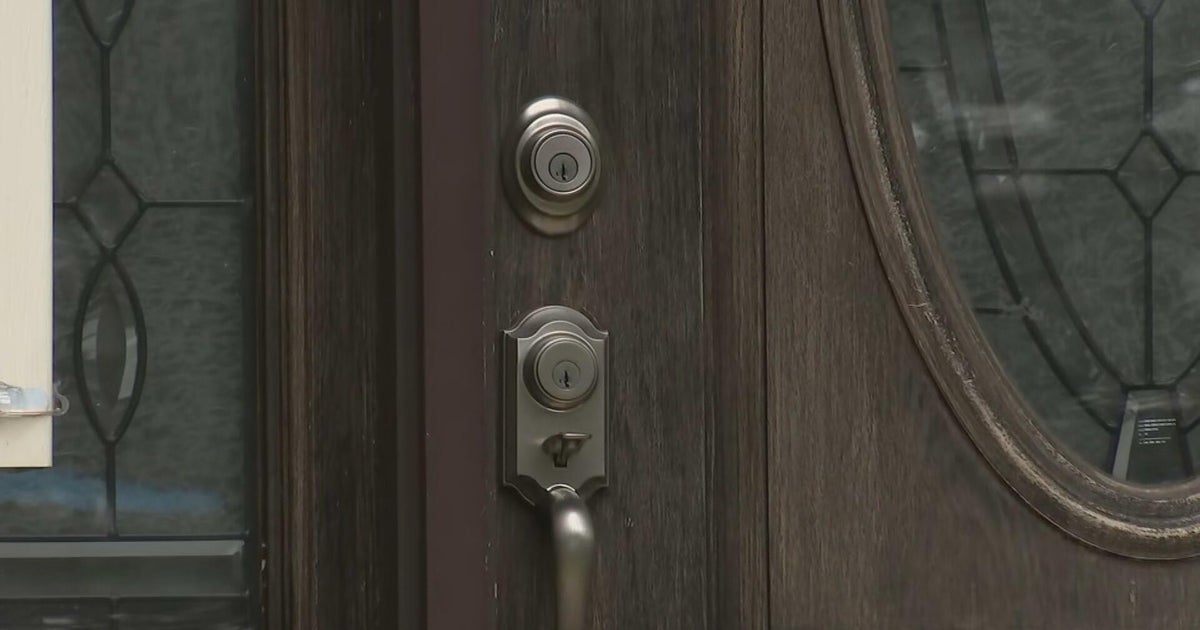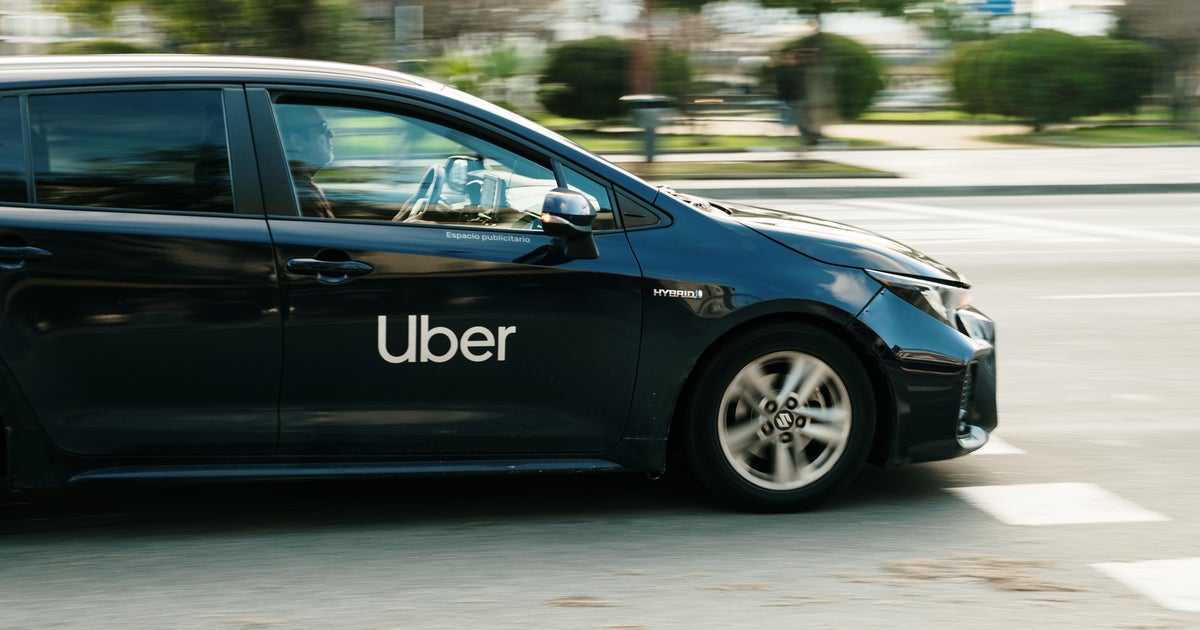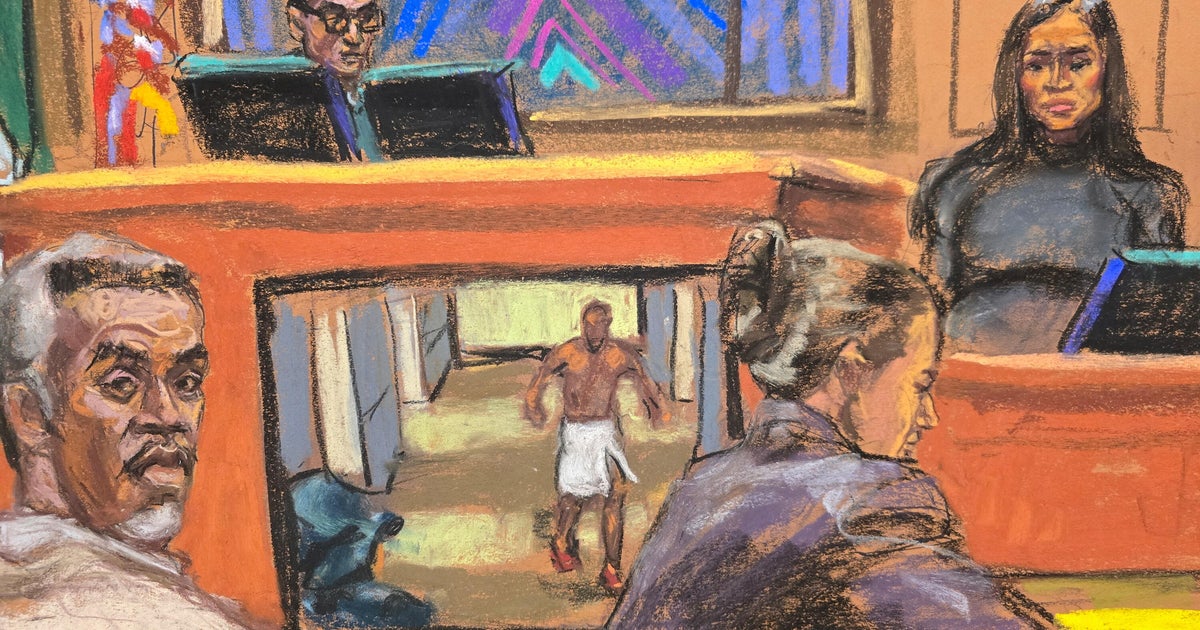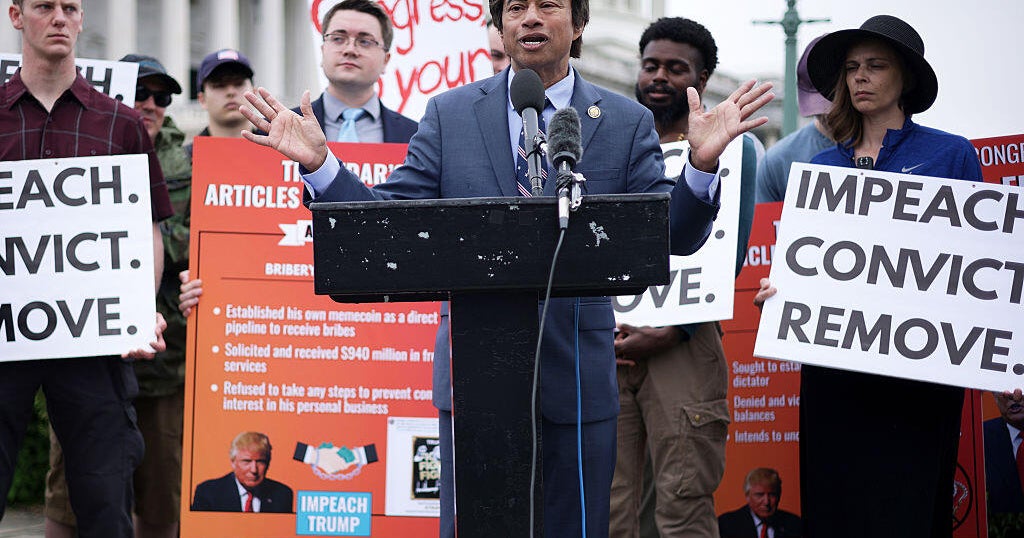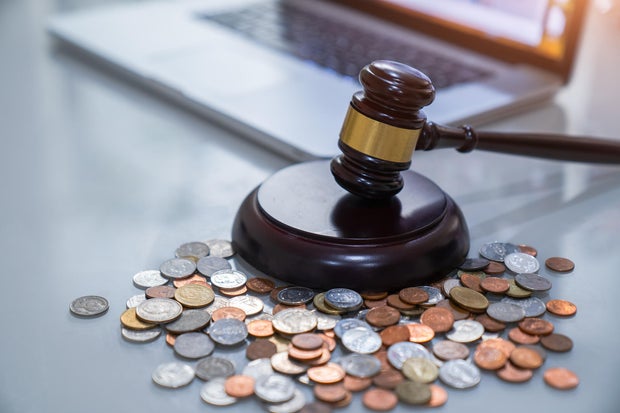 Filing for Chapter 7 bankruptcy can help wipe your financial slate clean, but there are restrictions to consider, too.
Getty Images
Filing for Chapter 7 bankruptcy can help wipe your financial slate clean, but there are restrictions to consider, too.
Getty Images
Americans are in a tough spot right now when it comes to debt. According to the latest Household Debt and Credit Report, the total household debt hit $18.2 trillion in Q1 2025, and credit card balances, while slightly down from the previous quarter, remain alarmingly high at $1.18 trillion. Student loan delinquencies are also creeping back up, with 8% of borrowers now behind on payments — the highest rate since 2019. These types of financial issues are indicative of how difficult it has become to manage debt at a time when interest rates are still elevated and other economic pressure continues to mount.
In this environment, Chapter 7 bankruptcy has become an increasingly considered option, as evidenced by the recent uptick in personal loan bankruptcy inquiries. This type of bankruptcy is often referred to as liquidation bankruptcy because it allows filers to discharge most unsecured debts in exchange for surrendering certain non-essential assets. So, for those who are overwhelmed by credit card debt, medical bills or personal loans, filing for Chapter 7 bankruptcy can offer a much-needed financial reset.
But this type of bankruptcy isn't a get-out-of-debt-free card, either. Filing comes with strict limitations, both during and after the process. If you're thinking about using this option, it's essential to understand what you can't do after filing — and why exploring your other alternatives might be worth considering first.
Learn about the debt relief strategies you can use to avoid bankruptcy.
What can you not do after filing Chapter 7 bankruptcy?If you're thinking about pursuing Chapter 7 bankruptcy, here's what you can't typically do after you file:
You can't discharge every type of debtChapter 7 wipes out many unsecured debts, but not all. Obligations like child support, alimony, recent income taxes and most student loans are non-dischargeable. Even if you're granted a full discharge, you'll still be responsible for those types of debts, and creditors can continue collecting them.
Speak to a debt relief expert about your options today.
You can't keep all your assetsWhile each state offers a list of "exempt" property you can protect, like modest home equity and personal items, anything deemed non-exempt may be seized and sold by the bankruptcy trustee. That could include second cars, valuable collections or investment properties. If you have significant equity in certain assets, Chapter 7 could cost you more than you bargained for.
You can't protect co-signers from collectionsIf someone co-signed a loan for you, like a car note or personal loan, your bankruptcy discharge won't protect them. Once you file, your creditors may shift their focus to your co-signer, demanding full payment and possibly pursuing legal action. That can add unexpected complications.
You can't file again for a long timeAfter you receive a Chapter 7 discharge, you must wait eight years before filing another Chapter 7 case with the bankruptcy court. That waiting period applies even if you run into financial trouble again within that window, which makes it crucial to treat Chapter 7 as a one-time solution, not a recurring fix.
You can't instantly rebuild your creditChapter 7 stays on your credit report for 10 years. While some lenders may be willing to extend credit within a year or two of discharge, it's often with sky-high interest rates, and your creditworthiness will still take a hit either way. That means renting an apartment, financing a car or getting a mortgage can become much more difficult. Rebuilding credit the right way takes time, effort and strategic planning.
You can't pick and choose who gets paidOnce you file for Chapter 7, a court-appointed trustee takes over your finances. If you hoped to repay a loan to a friend or family member before your case is finalized, you're out of luck. The trustee can undo those payments if they were made too close to your filing date. The bankruptcy code treats all creditors equally, and preferential payments can be clawed back.
What Chapter 7 alternatives are worth considering?Chapter 7 can provide relief, but only if it's truly your right option. Depending on your situation, there may be less drastic ways to manage your debt:
Debt management: Credit counseling agencies offer debt management plans that consolidate unsecured debts into a single monthly payment, usually with reduced interest rates. You still repay what you owe but under more manageable terms. Debt settlement: This option involves negotiating directly with creditors (or using a third-party debt relief company) to settle debts for less than what you owe. But while debt settlement can significantly reduce your balance, it also comes with credit score damage and potential tax implications. Debt consolidation: If your credit score is still decent, consolidating your debts into one fixed-rate personal loan might make sense. This can simplify your payments and lower interest rates, but it only works if you can qualify to borrow at a low rate.The bottom lineChapter 7 bankruptcy can offer a financial reset, but it's not without consequences. You'll likely lose some assets, damage your credit and remain on the hook for certain debts. You also won't be able to file again for years, which can leave you vulnerable if new financial challenges arise. That's why it's so important to understand what you can't do after filing and weigh those limitations against the possible benefits. And, you should also consider your other debt relief options to ensure that you're not overlooking a strategy that would have less severe repercussions for your credit and your finances.
Angelica Leicht

